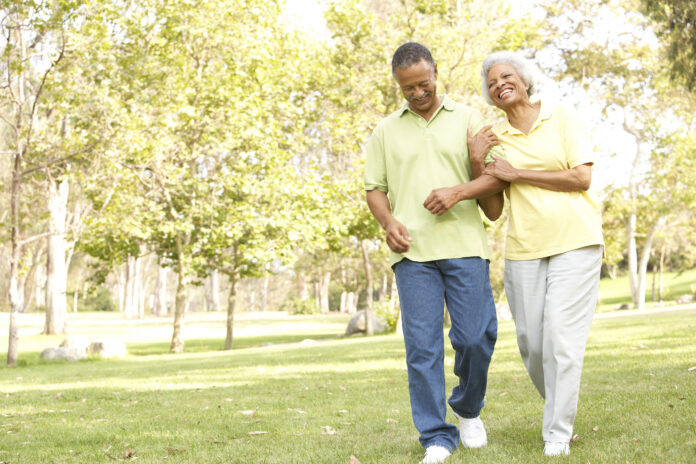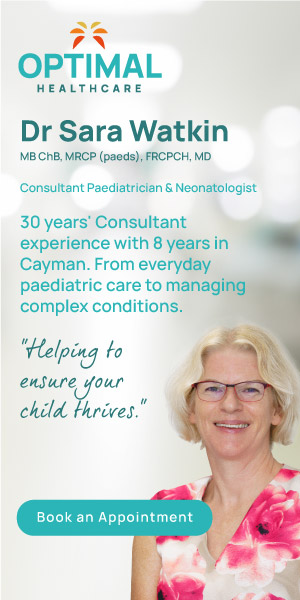At times, health advice can sound repetitive – like “eat more vegetables” or “walk every day.” Yet these seemingly basic tips are often rooted in solid science and can have a meaningful impact when done consistently. One such actionable step supported by strong evidence is taking short walks after meals. This isn’t a gimmick; it’s an evidence-based habit with real health benefits.
Introduction
In the Cayman Islands, non-communicable diseases (NCDs) such as type 2 diabetes, hypertension, and cardiovascular disease remain leading causes of illness and death. According to the 2023 STEPS National Health Survey, nearly 1 in 10 adults in the Cayman Islands have raised blood sugar or diabetes, and nearly 25% have never had their blood sugar tested, with men significantly less likely to be screened than women.
In this context, a simple practice, taking a short walk after meals, emerges as a practical and effective strategy to improve metabolic health.
While this article highlights statistics and gaps in health screening for men, the benefits of walking after meals apply to everyone, regardless of gender.
Why Walking After Eating Works
Taking a brief walk soon after eating helps muscles use glucose more effectively, reducing blood sugar spikes. According to the American Diabetes Association, physical activity after meals improves insulin sensitivity and lowers post-meal blood glucose levels, which is crucial for diabetes management and prevention.
Several other studies have emphasised that light to moderate walking post-meal reduces after eating blood sugar elevations, helping to stabilize energy levels throughout the day.
Regular post-meal walking can lead to:
- Lower average blood sugar levels
- Reduced risk of insulin resistance
- Better digestion and reduced post-meal sluggishness
Why It’s Especially Important for Men in Cayman
The 2023 STEPS survey highlights important opportunities to enhance preventive health care among men:
- 44% of men with elevated blood pressure have not yet been diagnosed, compared to 24% of women (p. 13)
- 29.7% of men have never had their blood sugar tested, while this figure is 17.4% for women (p. 22)
- Nearly half of men have lower levels of HDL (“good”) cholesterol, which can increase heart disease risk (p. 16)
- 6.1% of men diagnosed with raised blood sugar are not currently on treatment, compared to 3.5% of women (p. 22)
Incorporating simple habits, such as short post-meal walks, can be a good start to supporting better health outcomes across the community, in conjunction with receiving proper medical and preventive health care.
Making Walking a Practical Habit in Cayman
Fortunately, Cayman’s flat terrain, walkable neighborhoods, and refreshing ocean breezes create ideal conditions for walking. Whether a neighborhood loop, a beach stroll, or a walk in a park, it’s a low-impact and accessible activity.
To maximize benefits:
- Start walking within 15-30 minutes after eating
- Walk at a comfortable, light-to-moderate pace
- Aim for consistency: daily walks are best; more are even better
- Be mindful of heat—opt for early morning or evening walks, and stay hydrated
- Consider making it social—walking with friends or family can help maintain the habit
The CDC recommends engaging in at least 30 minutes of moderate-intensity exercise on most days of the week. So by going on a 30-minute walk after dinner or taking three 10-minute walks after meals each day you can conveniently meet this guideline.
Incorporating short walks after meals is a simple yet powerful habit that can transform your health over time. By choosing gentle movement soon after eating, especially after dinner when blood sugar spikes tend to be highest, you give your body the chance to better manage glucose and improve digestion. Remember, consistency matters more than intensity; multiple brief walks throughout the day can be more effective than one long session. Many who adopt this practice report feeling more energized, experiencing better digestion, and even enjoying improved sleep. Taking this small, manageable step each day can be the start of a healthier, more vibrant life.




